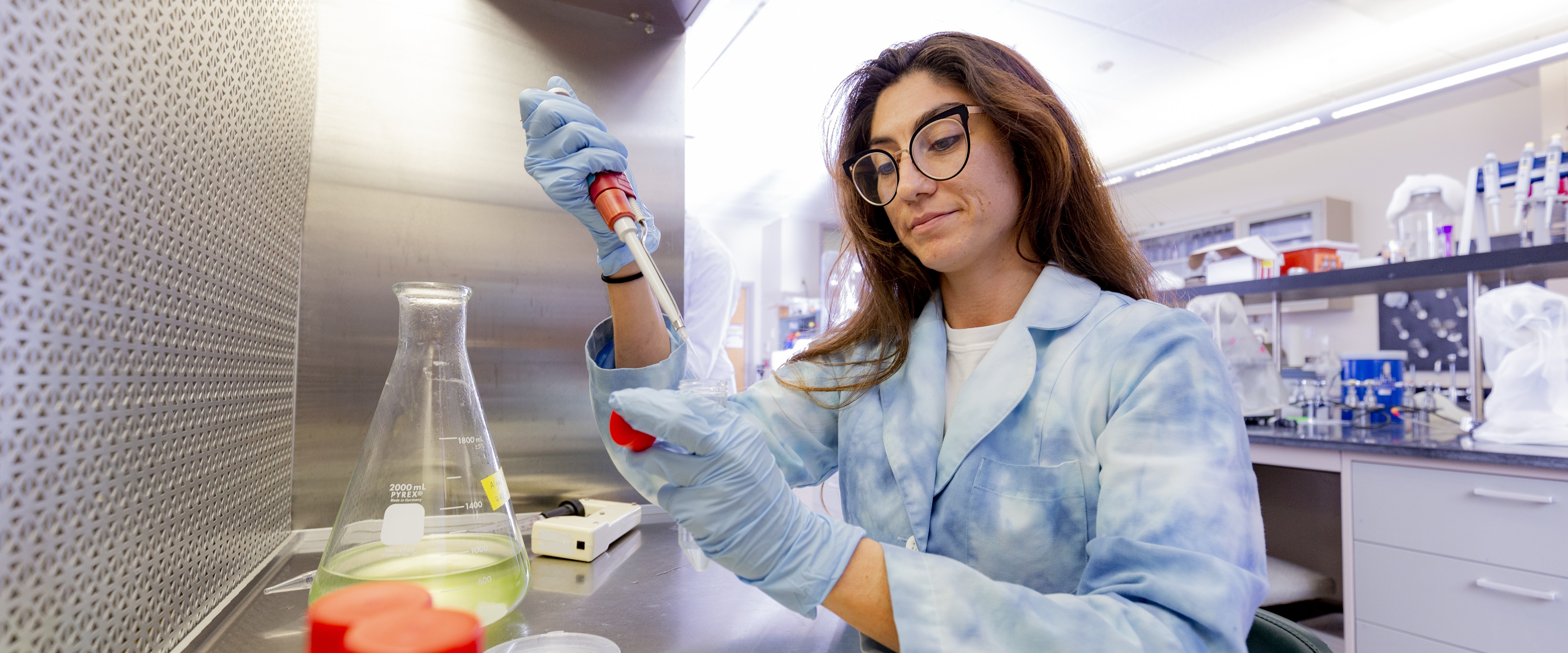
Biomedical Engineering and Sciences Faculty Publications
Document Type
Article
Publication Title
Journal of Bacteriology
Abstract
Exponentially growing derivatives of Escherichia coli K-12 were immobilized onto the surfaces of nitrocellulose membrane filters which had been coated with poly-D-lysine. The cells attached firmly to the surfaces, and when flushed with culture medium, the immobilized cells continued to divide and newborn cells were released into the effluent. Cell cycle parameters were examined with the technique, and it was found that K-12 derivatives possessed differing values for interdivision times, C, D, and average cell sizes when grown in the same culture media. It was also found that the cells released from immobilized populations of one culture consisted of two predominant size classes: newborn cells of unit size with single nucleoids and newborn cells of double this unit size. The results demonstrated that K-12 derivatives can be used in the baby machine culture technique to examine all aspects of the cell cycle of this organism. Furthermore, the yield of newborn cells was about fivefold greater than that obtained previously with cultures of strain B/r immobilized onto uncoated membranes.
First Page
3445
Last Page
3449
DOI
10.1128/jb.174.11.
Publication Date
3-17-1992
Recommended Citation
Helmstetter, C. E., Eenhuis, C., Theisen, P., Grimwade, J., & Leonard, A. C. (1992). Improved bacterial baby machine: Application to escherichia coli K-12. Journal of Bacteriology, 174(11), 3445-3449.

